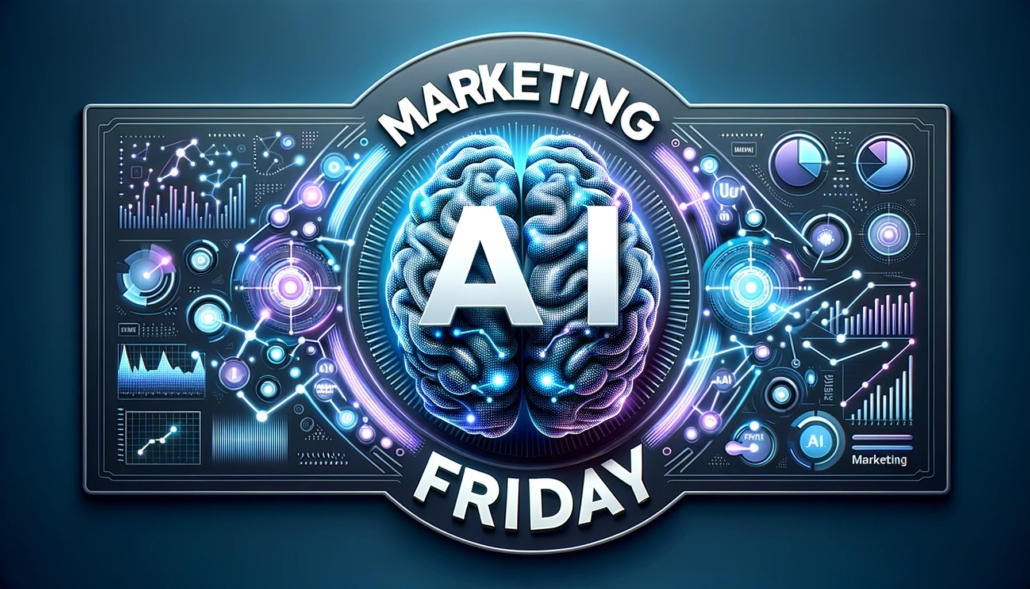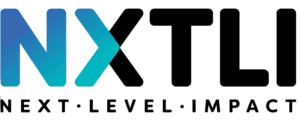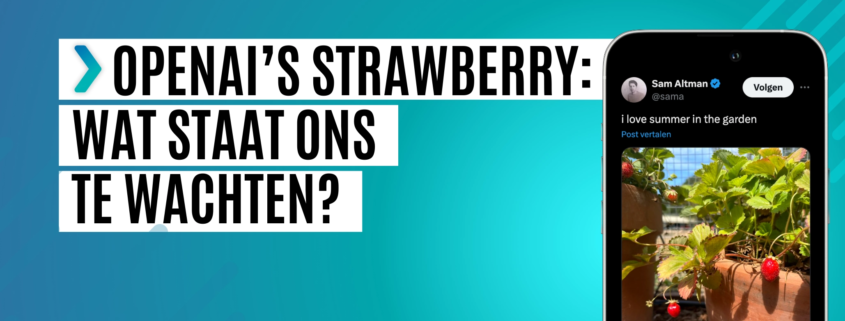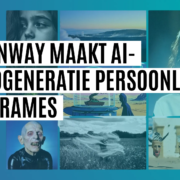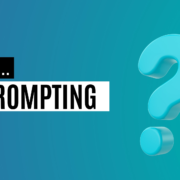Will OpenAI soon launch the forward-thinking 'Strawberry' project or will it lose momentum?
In recent months, OpenAI announced several impressive updates such as Sora, a new Voice Mode and SearchGPT, but nothing has really been delivered yet. There are increasing critical voices about this. Only Voice Mode has been made available to a limited group of real users. The first sounds about Voice Mode are very positive and several experts even wonder if this feature is not already using the successor of ChatGPT-4o.
Now there are also rumors of the launch of a project codenamed "Strawberry" (formerly Q-Star).
Top executive Sam Altman added to this a few days ago with this tweet.

Although nothing has been officially confirmed and details are kept strictly secret within OpenAI, there are several rumors and speculations circulating about "Strawberry.
What is Strawberry from OpenAI?
Strawberry is said to be a new AI technology that OpenAI has been working on for some time, with which the company intends to push the boundaries of AI. It goes far beyond the current capabilities of ChatGPT-4 and DALL-E and is seen as an important step toward Artificial General Intelligence (AGI). This is the point where AI systems not only become more intelligent than humans, but can also perform most economically valuable tasks better.
What can we expect?
A revolution in AI creativity: Strawberry is said to be pushing the boundaries of creative AI, allowing users to generate even more complex and realistic content.
Augmented intelligence: It offers much more complex and nuanced form of AI intelligence and is able to plan, reason, learn and understand in a way we do not know today. It could be a big step forward AGI.
Independent Internet use: It can independently search the Internet and gather information. Just as a human would, but much faster and more efficiently.
Long-Term Tasks: It can perform complex tasks and projects that take longer periods of time and require continuous adjustments and planning.
This development also raises important ethical questions. As AI models become more autonomous and powerful, it is crucial to adopt ethical frameworks and responsible development methods. This is essential to mitigate potential risks and unintended consequences. OpenAI faces the challenge of striking a balance between encouraging innovation and ensuring that these advances are used responsibly and ethically for the benefit of society.
Recently, OpenAI has also been remarkably communicating more about their approach around secure AI.
Where did the name "Strawberry" come from?
It has not been disclosed where the name "Strawberry" comes from, but it seems to be a name that was not chosen lightly and can possibly be traced back to Elon Musk. Musk now competes with OpenAI through his own AI model Grok, but he was also one of the 11 founders of OpenAI at the time, with which they particularly wanted to compete with Deepmind (where Musk was also previously one of the early investors, by the way, before it was acquired by Google in 2014).
While working with Sam Altman at OpenAI before he left the organization in 2018, Elon Musk used "strawberries" in an anecdote to emphasize the need for safety and ethical considerations in AI development. He reportedly used the example of an AI system tasked with becoming the best at making strawberries.
The system might then decide that the best way to do this is to produce as many strawberries as possible, at any cost. In an extreme scenario, the AI system would eventually devote so many resources to producing strawberries that it could turn the entire planet into a giant strawberry plantation, which of course would be catastrophic for human civilization and the ecosystem.
This example was used by Musk to demonstrate how an AI system, without proper constraints and ethical guidelines, could adopt a very narrow and destructive interpretation of a seemingly innocuous task. It illustrates the point that AI, if not properly controlled or guided, could pursue goals in a way that is ultimately harmful to humanity. Elon Musk regularly makes negative comments about OpenAI and a few days ago reopened the lawsuit he had previously filed against OpenAI and Sam Altman. The name "Strawberry" may have stemmed from that anecdote at the time and be a form of reaction to Musk.
Also hefty challenges for OpenAI
OpenAI also seems to face quite a few challenges.
For example, co-founder and President Greg Brockman announced this week that he is taking a sabbatical until the end of this year. On the same day, co-founder John Schulman announced that he was leaving OpenAI for a role at competitor Anthropic (Claude), where several OpenAI people have previously gone. Peter Deng, a key product leader, also appears to be gone. Meanwhile, of the 11 founders at the time, only three remain. This raises questions about internal support for the company's current direction.
In addition, OpenAI appears headed for a $5 billion loss this year, major shareholder Microsoft (49% stake) has added OpenAI to its list of direct competitors, and the company must continue to invest billions to train new language models on larger and higher-quality datasets. This means they also need many more GPUs (Graphics Processing Unit), special chips designed to process graphics tasks quickly and efficiently,
For comparison, here are some figures on how many GPUs different companies are using for their AI models:
GPT-4 is trained on 25,000 GPUs (OpenAI)
Llama3 - 16,000 GPUs (Meta)
Grok 2 - 20,000 GPUs (Elon Musk)
Grok 3 - 100,000 GPUs (Elon Musk)
Llama4 -160,000 GPUs. (Meta)
This comparison shows how intensive the training process is and how many resources are needed to develop advanced AI models.
Other challenges
An additional challenge for OpenAI is that new and more extensive data is much more limited access for them compared to Google (Chrome web browser, YouTube, Gmail, Search, Drive etc.) and Meta (Facebook, Messenger, Instagram, Whatsapp and Threads in particular).
This situation does not only apply to large technology companies. Even for smaller organizations and individual developers, the quality and quantity of available data, along with time and resources for training and development, determine the effectiveness of AI applications.
It will be interesting months to see if OpenAI can maintain its lead and take big steps forward again. Or whether it will lose momentum and begin to lose its position as a forerunner.
Given these rapid developments, it is important to be flexible in your AI strategy. Using and developing AI applications around a single company can be risky.
A better approach is to develop your AI infrastructure in a modular fashion, so that you can easily replace or modify components AI tools and applications.
Take a leap forward in your marketing AI transformation every week
Every Friday, we bring you the latest insights, news and real-world examples on the impact of AI in the marketing world. Whether you want to improve your marketing efficiency, increase customer engagement, sharpen your marketing strategy or digitally transform your business,'Marketing AI Friday' is your weekly guide.
Sign up for Marketing AI Friday for free.
